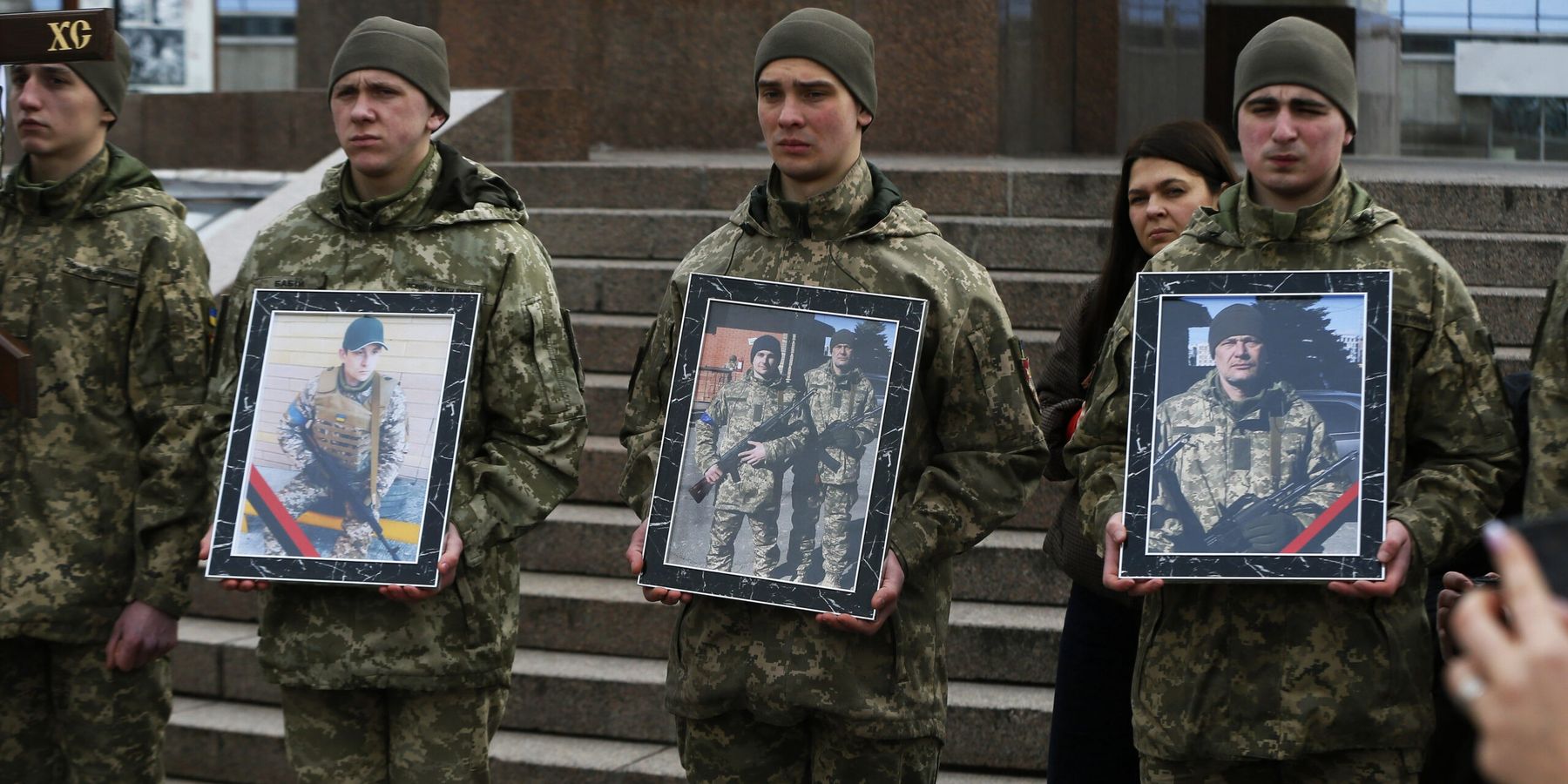Russia’s invasion of Ukraine is over two years old, and Kyiv is facing a population crisis. According to Florence Bauer, the U.N. Population Fund’s head in Eastern Europe, Ukraine’s population has declined by around 10 million people, or about 25 percent, since the start of the conflict in 2014, with 8 million of those occurring after Russia began its full-scale invasion in 2022. This report comes a week after Ukrainian presidential adviser Serhiy Leshchenko revealed that American politicians were pushing Zelenskyy to mobilize men as young as 18.
“Population challenges” were already evident before the conflict started, as it matched trends existing in Eastern Europe, but the war has exacerbated the problem. The 6.7 million refugees represent the largest share of this population shift. Bauer also cited a decline in fertility. “The birth rate plummeted to one child per woman – the lowest fertility rate in Europe and one of the lowest in the world,” she told reporters on Tuesday.
Combat losses and civilian casualties have been hard to accurately tally, as Kyiv treats them as a state secret. Best estimates from late 2023 put the number around 70,000, and Bauer confirmed that they are in the “tens of thousands.”
Further decline in Ukraine’s population will likely occur as the war drags on and includes draftees aged 18-25. According to Leshchenko, “American politicians from both parties are putting pressure on President Zelenskyy on the question of why there is no mobilization of those aged 18 to 25 in Ukraine.”
When the war ends, Ukraine will need labor for rebuilding and continued losses are likely to have long-term consequences. George Beebe, Director of Grand Strategy at the Quincy Institute, says,
“Demography is not necessarily destiny, but such shocking projections bode ill for Ukraine’s economic prosperity and societal dynamism,” Quincy Institute Director of Grand Strategy George Beebe wrote in RS last year. “The future they portend is a vicious circle of decline. Under such circumstances, simply manning a substantial standing army as a counter to much more populous Russia would be a challenge for Ukraine, let alone mastering and maintaining a large arsenal of NATO-standard weaponry.” Beebe added, “the more resources it must devote to its military, the fewer it will have for launching new commercial ventures and building a productive civilian economy.”
Ukraine is already dealing with war fatigue, evident from shifts in polling, and in the report that a staggering 51,000 soldiers have deserted from the army this year.
Beebe also points to a demographic study that predicts that Ukraine’s working-age population will decline by a third by 2040, with the number of children declining by half, and adds that “mounting damage is likely to discourage many refugees from returning to Ukraine anytime soon.”
- Riddle this: How many casualties are there, truly, on both sides of Ukraine war? ›
- The danger of downplaying the Ukrainian battlefield toll ›
















